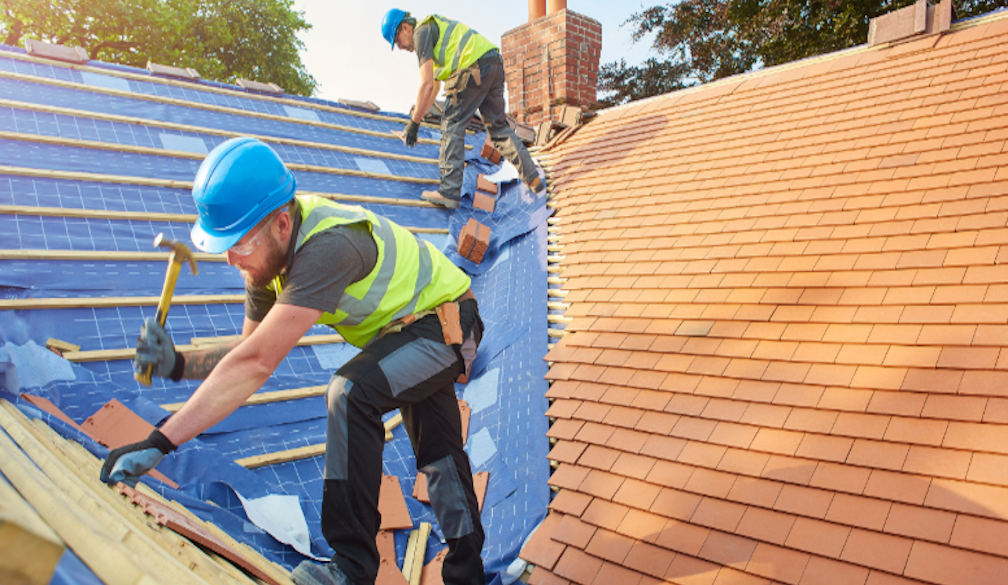How Your Roof Affects Your Home's Energy Efficiency

When we speak of saving energy in our homes Most people imagine things like new windows, or better insulation for walls. But one of the biggest--and most overlooked--contributors to your home's energy efficiency is right above your head: your roof.
A well-maintained and properly installed roof will help control the temperature inside as well as reduce your energy costs and help your home more at ease in all seasons. Let's take a look at how your roof can play an essential role in energy efficiency, and how you can make it more effective for you.
What Material You Choose Is Important
Certain roofing materials are naturally better in terms of energy efficiency.
Metal roofing is reflective and cools fast which makes it an excellent option for climates with sunny temperatures.
Roof coatings and shingles that are energy efficient are made to limit heat absorption while also enhancing performance.
If you're thinking about the possibility of replacing your roof in the near future you should ask your roofing contractor about the materials that can improve the energy efficiency of your home.
Your roof regulates your home's temperature and overall energy efficiency. A clean, well-maintained roof reflects sunlight more effectively and helps prevent heat buildup in the attic. Regular maintenance, including professional roof cleaning Brisbane services, ensures no debris, algae, or mold buildup can compromise insulation and ventilation, key factors in reducing your heating and cooling costs year-round.
Ventilation and Insulation Are Key Players
Even with the most suitable roof material, you can't enjoy the best energy efficiency without adequate ventilation and insulation in your attic.
Why is it important:
Ventilation assists in letting hot air escape in summer, while preventing moisture buildup in winter.
Insulation helps keep your indoor air (whether cold or hot) exactly where it belongs, inside your home.
Together, these two systems help your roof regulate temperatures and stop heating and cooling systems from having to work longer than they should.
Leaks and Minor Damage Add Up
A single shingle that is missing or a tiny roof leak may seem like a small issue, but it could influence your home's efficiency. If water penetrates your attic, it will destroy the insulation. Also, gaps in your roof could allow the air that is heated or cool escape.
Regular checks are essential. Finding these little issues early will help keep your energy bills lower, and protect your house from future harm.
Final Words
When your roof is functioning in the right way it should, your heating and cooling systems won't be working as much. That means more consistent indoor temperatures, less energy bills plus less wear and wear on your HVAC system. The roof is more important than you'd believe.
Your roof doesn't only exist to keep snow and rain away. It's a major component of the home's energy system. By selecting the best roofing materials, staying on top of the maintenance and making sure that your attic is well air-conditioned and insulated, you can increase your efficiency in energy and make the most of your home season after season.
















